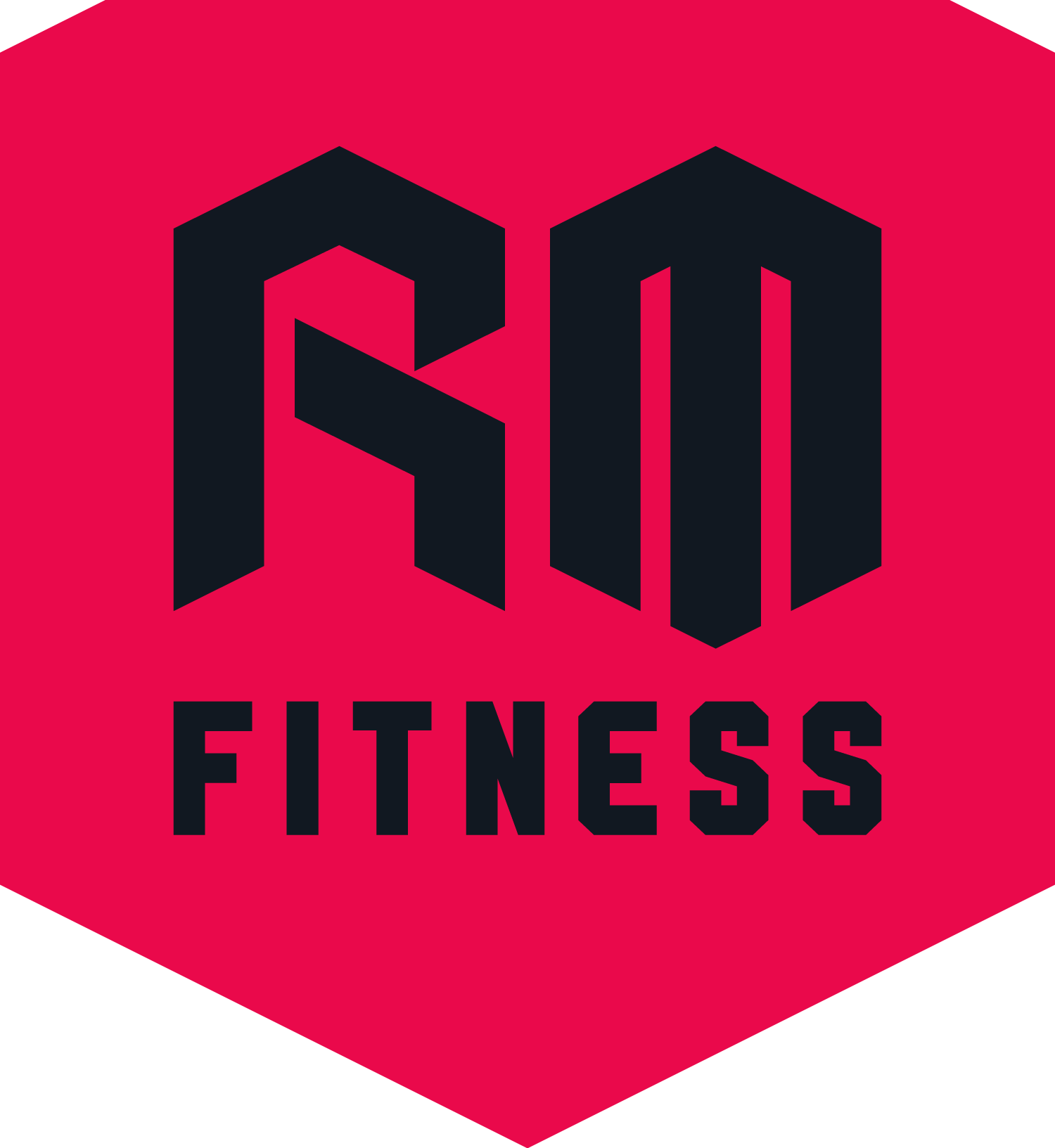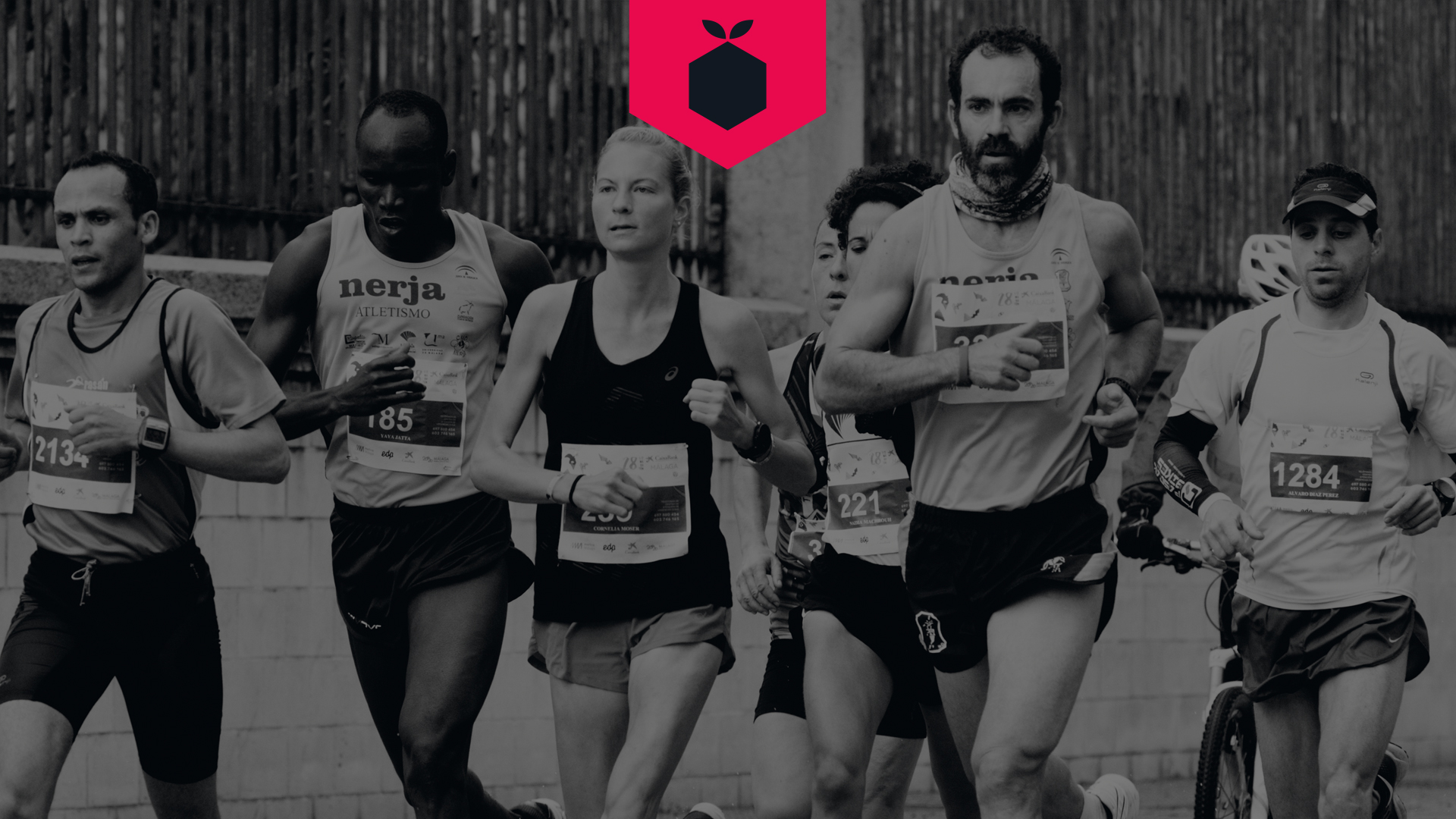MARATHON NUTRITION TIPS
It’s officially “running season” with events such as 10km races, marathons and half marathons taking place up and down the country.
With any run it’s important to plan your nutrition in advance. This is particularly important for marathons and getting your nutrition right will not only help you perform and feel better but also recover quicker.
Here are some nutrition tips for your next race:
1. Don’t wait until the night before to carb load. You might have heard other runners cramming in huge bowls of pasta and pizza the night before but in reality this isn’t the best idea. It’s advisable to increase your carb consumption gradually 2–3 days before the event to build your glycogen stores up in your muscles along side tapering your exercise to reduce depleting and damaging those muscles. Aim for 4-10g of carbohydrate per kg of bodyweight per day. For example an 80kg runner should aim to consume between 320g and 800g of carbs daily for the 2–3 days before the event. That’s a lot of carbs so experiment with what feels right for you.
2. Don’t experiment with your nutrition on the day! The day of the event is not a time to try anything new. By this point you should have tried and tested your energy gels, drinks and anything else that you’re consuming on the day. You’ll have your favourite brand and flavour, perhaps also a variety that picks you up towards the end with added caffeine and you’ll know hands down those that don’t agree with you. You’ll also know how many gels and how much fluid you can consume to feel at your optimum. As a rough guide 200-400 calories per hour is a good starting point for runs longer than 1.5-2 hours. Try to aim for a variety of different sources so you don’t get bored of one flavour or texture.
3. Hydrate really well prior to the run. 2–3 days before the event make sure you’re drinking 2–4 litres of water a day. On the morning of the event drink a large glass of water around 4 hours before the start. During the race, take advantage of water stations and grab either a bottle of water or energy drink at least once an hour to avoid dehydration.
4. Sip and snack often. The goal is to take in calories and fluids in small, frequent amounts. Try to eat or drink something around every 20-40 minutes, however small it may be. This could be an energy gel, chew, jelly baby or sipping a hydration energy drink. This small but often approach will help you maintain energy and also help you to avoid digestive issues on the course.
5. Look after those muscles. You might have trained hard but during prolonged, strenuous exercise your body will start to break down its own muscles to use the protein for energy. This is why it’s important to fuel from a variety of sources and include either gels containing branched chain amino acids (BCAAs) or take separate BCAA supplements alongside your hydration. BCAAs are key amino acids for muscle growth and repair as well as providing muscles with an additional energy source. Taking BCAA supplements before, during and after a race can help prevent muscle cramps, mental fatigue and also speed up recovery afterwards. Try a recovery drink with electrolytes, carbs and protein after the event!
Prep well, but allow some flexibility, take extra supplies and most importantly enjoy the challenge!
What nutrition strategies have you tried for running?

